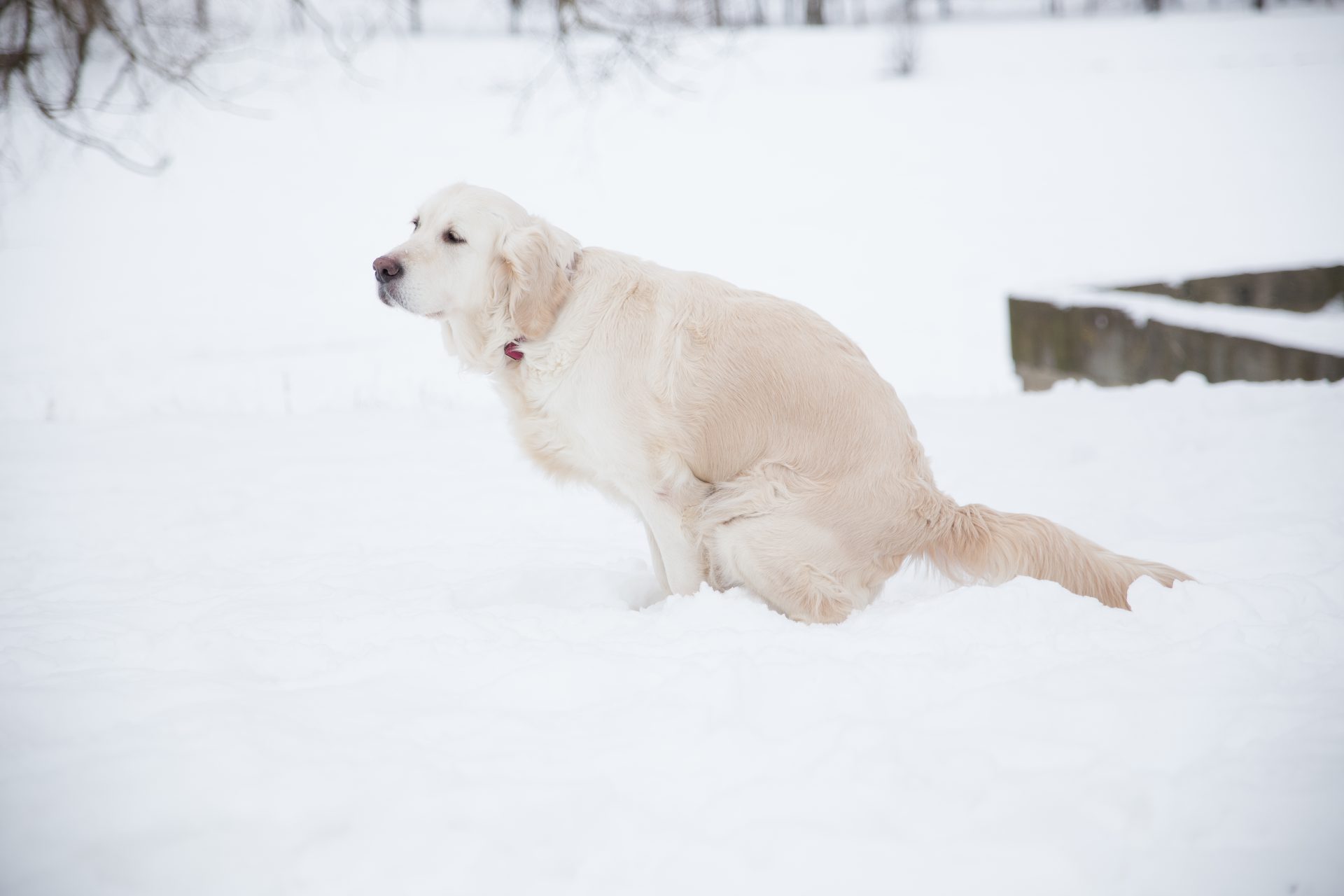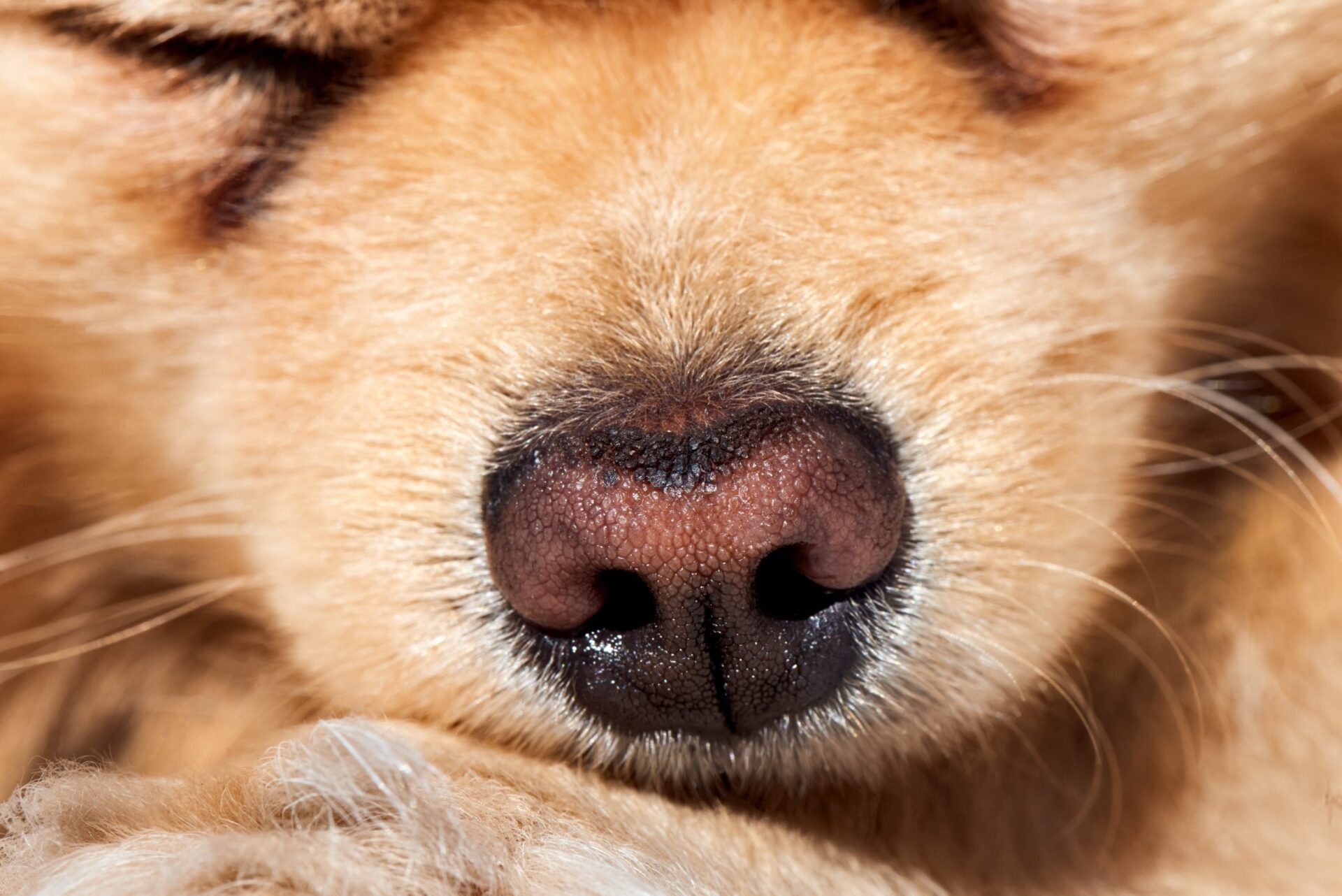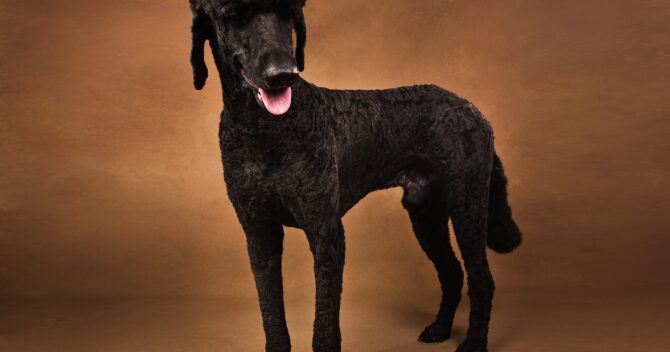Diarrhea in a dog - types
Diarrhea (from Latin Diarrhea), colloquially called diarrhea, is manifested by an increase in the frequency of bowel movements and an increase in the amount of bowel movement. The stool of a dog suffering from diarrhea has a liquid or semi-liquid consistency. It is often colored with blood, pus, mucus and has a green, black or yellow shade. It is a disease it can take two forms: acute and chronic. The first one, usually a consequence of food poisoning, appears quickly and is generally self-limiting after 1-2 days. It may be accompanied by systemic symptoms, which are primarily a consequence of dehydration. Usually home remedies are enough to treat it, it can be combated, among others. starvation diet. On the other hand, chronic diarrhea is accompanied by a much greater number of symptoms, i.e .:
- feces with mucus, traces of blood, pus
- rapid weight loss
- high body temperature
- depression, apathy
- vomiting
This condition, especially severe dehydration, is a great threat to the health and even life of a pet. It is dangerous especially in relation to puppies, small breed dogs, sick or elderly individuals. We must remember that chronic diarrhea in a dog absolutely requires a veterinary consultation. Recurring acute diarrhea is also a reason for veterinary intervention.
Dog diarrhea - causes
The most common causes of dog diarrhea are:
- food poisoning. caused by improper diet or eating spoiled food
- infections caused by bacteria (e.g. Campylobacter spp., Clostridium jejuni, Salmonella spp., Escherichia coli), viruses (distemper virus, parvovirosis, adenoviruses, rotaviruses) and parasites (e.g. roundworms, hookworms, coccidia, whipworms, giardia)
- food allergies, mainly to animal and plant proteins (including poultry, beef, dairy products, soy)
- a reaction to the administration of drugs from the group of painkillers, anti-inflammatory drugs, antibiotics
- cancer
- reaction after vaccination, change of diet or deworming
- severe stress
- disorders of the endocrine system
Diarrhea is often accompanied by other symptoms such as vomiting, abdominal pain, increased body temperature, lethargy, difficulty breathing and panting. Therefore, diarrhea with an unclear origin for more than a day is an indication for a visit to the veterinarian. The doctor will assess the condition of the dog, diagnose the cause of the ailments and implement appropriate therapy.
First aid, or home remedies for dog diarrhea
If we know the cause of diarrhea, and the pet has no other symptoms, we can use proven home methods. The most effective treatment method is usually a 24-hour fast, during which we only give the dog drinking water. Replenishing fluids is especially important in this case, because we should not allow the body to become dehydrated. On the following days, we only give your pet food that is easily digestible. We can also give him generally available drugs that alleviate diarrheal symptoms and have a protective effect on the gastrointestinal tract. Diarrhea will usually go away on its own in a day or two.
Treatment of chronic diarrhea in a dog
Identifying the causes of chronic diarrhea disease is a complex process. In the first step, your veterinarian determines what kind of diarrhea you are dealing with. History and thorough clinical examination play a key role in its diagnosis. Then the vet can extend the diagnosis to include tests:
- stool for the presence of parasites (parasitological microscopic examination),
- blood for the presence of antibodies to specific bacteria or viruses,
- morphology and urinalysis
- Abdominal ultrasound
- Abdominal X-ray
The results of the research determine further progress in the treatment of the disease. If parasites are detected in the digestive system, for example Clostridium difficile, histoplasm i coccidia, the doctor will order the dog to be dewormed. However, in the case of a food infection, he will prescribe antibiotics. Because the dog loses water and valuable electrolytes during diarrheaThe dog is also given a drip with electrolytes, vitamins and protein as standard. Regardless of the cause of diarrhea, the vet will also prescribe medications that protect the intestinal mucosa. The more serious underlying disease may require a biopsy and even surgical intervention.
Dog Diarrhea and Diet
Remember that the diet should be easily digestible after any diarrhea. At the same time, it must provide all the necessary nutrients for our pet to recover quickly. That is why the dog's menu should include special, delicate foods, intended for dogs with digestive problems. Homemade meals should be dietetic, low-fat and dairy-free.
Maybe you'll like it:



